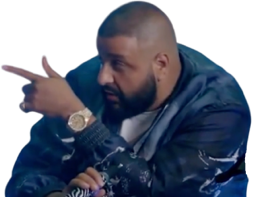
The Music Industry Explained
There’s a lot of talk about the music industry on this site and as someone who tries to generally keep up with the music industry – it’s a career interest for me – I notice that a lot of people here don’t seem to understand some stuff around the industry. I wanted this to be a topic for one of my threads to give people an overview and some specific information about topics I see discussed here a lot. This thread is NOT about sales within the industry – I’m planning to do a thread specifically about sales, bundles, charts, label tactics etc. later on.
Labels
Labels are probably the most important player in the music industry. Three companies – often referred to as ‘The Big 3’ – cover the vast majority of music within the market. These are Warner Music Group, Sony Music Group (formerly Sony Music Entertainment) and Universal Music Group. In the past there was another major market player called EMI however in 2012 Universal Music Group despite significant regulatory setbacks took over EMI creating the current industry landscape. Globally these companies make up around 70% of the revenue within the market and in the US this market share can be as high as 80%. Universal is the largest of the three both globally and domestically and Sony is the second largest.

The rest of the market share in the music industry is made up of what’s called independent labels or direct to artist. Direct to artist means revenue goes directly to the artist and is probably what you think of when you hear that an artist is independent, but this is very rarely the case. I’ll expand on independence later.
Subsidiary Labels
Subsidiary labels is something that I see misunderstood more than almost anything else on this site. A subsidiary label or a vanity label is a label that is either partially but often fully owned by a larger parent label. Typically, you won’t hear an artist signing to Universal or Sony – you’ll hear about them signing to one of their smaller subsidiaries. These can also be called imprints. These subsidiaries have multiple purposes – they make the market appear less oligopolistic (less dominated by a few firms), they tend to have their own profiles (some are largely pop labels, some rock etc.) and they can operate essentially as their own smaller label that just answers to and generates revenue for the larger group. Artist labels fit in this category. When an artist signs to an artist label like GOOD, at the end of the day they are signing with a much, much larger music group. While decisions made will largely be the decision of the management of GOOD, they ultimately answer to their parent label.

Warner is run by Stephen Cooper. It has struggled recently largely thanks to being late on streaming but over the past few years has made significant ground on Sony. They have four flagship subsidiaries but the two most notable for users here are Atlantic Records and Warner Records. These labels have their own subsidiary labels – 300 Ent & MMG are both subsidiaries of Atlantic and OVO Sound is a subsidiary of Warner. Some of Warner’s notable artists are Ed Sheeran, YB, Thug, Meek, Lil Baby, Uzi, Bruno Mars and many more. Notably Warner recently went public on the NASDAQ so you can buy shares in the company.
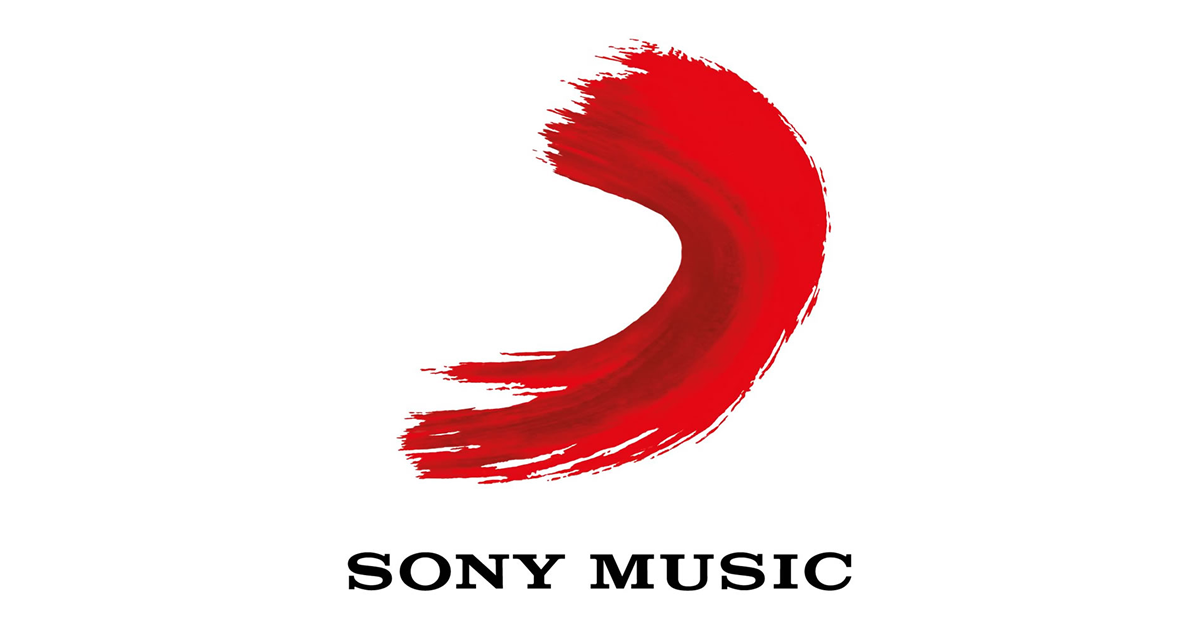
Sony is run by Rob Stringer. Sony adapted well to streaming but is losing headway to Warner in the battle for 2nd. Sony has several flagship subsidiaries – most notable are Columbia, Epic and RCA. Notable subsidiaries of these are ASAP Worldwide (RCA) and Freebandz (Epic). Sony’s artists include Travis Scott, Future, A$AP Rocky, Childish Gambin, Khalid and more.
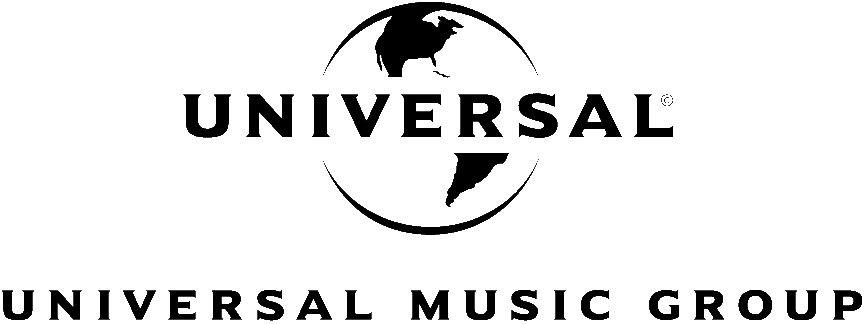
Universal is run by Lucian Grange. Far and away the biggest music group, Universal has dominated in market share over recent years. Their important subsidiary labels are Interscope (parent label of Dreamville, Aftermath and TDE), Capitol (parent label of QC and G-Unit), Republic (parent label of XO, Cash Money and Young Money) and Def Jam (parent label of GOOD). From these labels you can get an idea of the artists universal has under contract but they include Taylor Swift, Gaga, Rihanna, Adele, Jay-Z, Kanye, Wayne and Prince among many others. Notably with Universal the company recently sold a 10% stake to Chinese media giant Tencent – QQ (social network), various video game companies including League of Legends, Fornite and more and heavily invested in Spotify.
So that’s a basic rundown of labels.
Market Trends
Rhetoric I see a lot here is that the music industry is dying. This is unequivocally false. I’m not going to talk individual sales here but observe the following chart. Note that the drop in the early 2000s is largely due to piracy and the advent of the digital era. Streaming is a massive lifeline for the music industry – revenues for the big 3 labels was over $1m per HOUR during the last quarter of 2019 – and the music industry has grown for the last four consecutive years. The music industry is if anything undergoing a resurgence after a difficult decade.
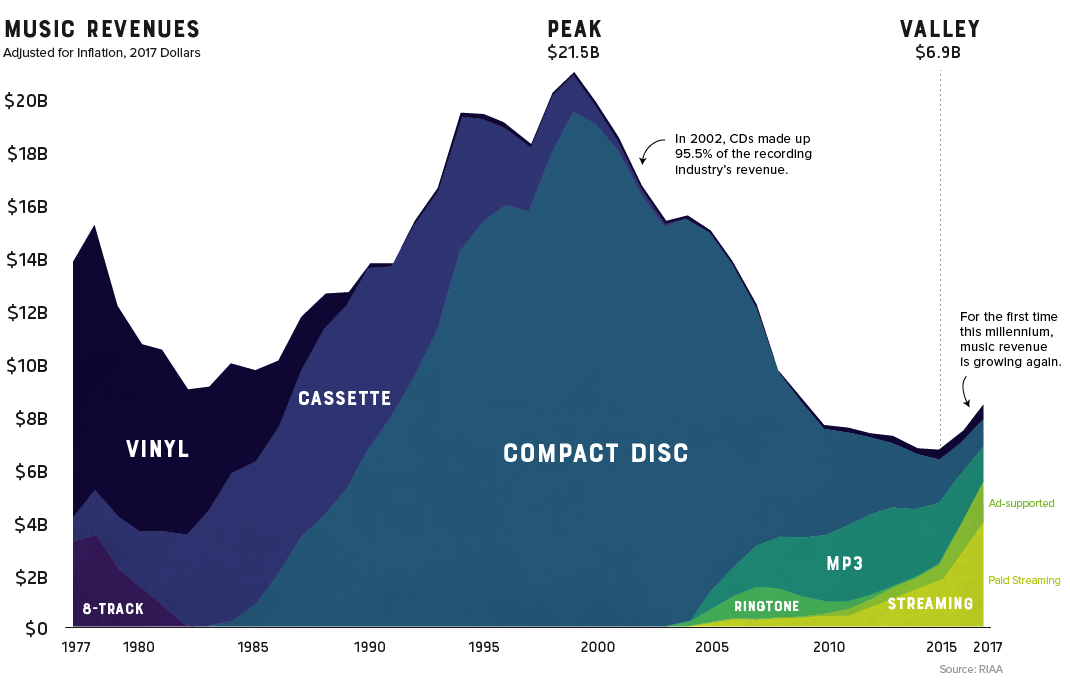
Some more trends you should be aware of. Physical revenue is declining – vinyl, CDs, etc. particularly in the US. Digital revenue is growing rapidly (21% in 2018 despite a drop of 20% in digital downloads) thanks almost exclusively to streaming. The US is the biggest music market and latin America is the fastest growing music market – why you see a lot of latin America stars breaking through into the US market and why a lot of US artists are featuring them or remixing their songs. Labels are investing in ‘high-potential’ markets – markets like China, India, much of Latin America that have significant populations that are quickly becoming more digital. Record labels are investing a lot at the moment in artists, in marketing and etc. which is helping to push growth in the market.Publishing, Masters and Royalties
This is one of the most complex parts of the industry and honestly a lot of this I struggle with still so I’m gonna try and simplify.
Copyright is split into two parts – composition (or publishing rights) and the master rights.
The master is the sound recording – it’s the specific recording of that song by that artist in that way. Owning masters means to own the rights to that recording. This is typically held by labels, but you will have noticed a push for artist ownership recently spearheaded by artists like Jay-Z and Prince. Owning masters means you directly receive royalties from sales of your music in that format (like streaming, digital sales, etc.), and you control how the recording is used (ads etc.).
Composition is the underlying make-up of the song – lyrics, melodies etc. For example, by covering a song I’m liable to composition rights but not master rights – I’m using the make-up of the song rather than the actual recording.Royalties are money earned from the song. Mechanical royalties relate to usage of the composition – think streaming revenue, digital sales, CDs etc. Public Performance royalties relate to the composition being performed – radio, public venues etc. Finally, there are Synchronization royalties – these relate to using the composition of the song as part of other content such as TV shows, ads, movies etc.
Music publishing involves an organization or person being authorized to license out the composition of the song. You have both publishing royalties which are royalties relating to composition and master royalties which are related to the master recording. Labels typically deal with the master recording while publishing companies (sometimes associated with labels) deal with compositions through publishing deals.
To make this clearer let’s look at $100 of streaming revenue on Spotify for a song. Around $58.50 of this goes to the master owner usually the record label. If an artist owns their masters, they keep this. $29.50 stays with Spotify. $6 comes out as mechanical royalties. This goes to the publisher who then pays a certain amount to songwriters based on agreed upon contract. If an artist owns their publishing, they keep this. $6 comes as public performance royalties. This is split 50/50 between publisher and songwriter/s.
A major label record deal often has a fairly low royalty rate with their label – the example below is 16%. Their publishing agreement here is 75% of mechanicals and keeping the writing share of performance royalties (after agencies take their approx. 20% cut.). In this situation an artist keeps about 18% of every dollar the song earns. If the artist owned the master, they would keep the majority of the sound recording income shown below (a distributor usually takes a small %). If they own their publishing, they would keep all of the mechanical royalties and all of the performance royalties (after the agencies cut).

Hopefully that clarifies to some extent how revenue in the industry works.
Definitions
Executive Producer
A lot of the time you see this relating to an album. For example, Drake was the Executive Producer on BTG by Young Thug. This does not mean that Drake had any role in the album’s instrumentals (this is a producer). This role can vary massively but usually involves helping to direct the creative focus for the project, having a role in shaping the tracklist, helping choose cover art and more. On the more involved side it can include direct involvement in the recording of the album or single, funding of the project, choosing mixing engineers and more.
Independent
This means a lot of things and is often far from the truth. To look at this let’s take a minute to examine Frank Ocean. Frank Ocean became independent following the release of the visual album Endless as he fulfilled the label contract. Blonde was released with Frank Ocean owning publishing and his masters though he had a deal with Apple Music which may have been relating to distribution. He also had a distribution deal with UK indie label XL Recordings who produced the CD and Vinyl for the album. Frank then signed a publishing deal with Warner-Chappell. He is not associated with a record label and owns his masters, but he now does not own his publishing. When an artist is referred to as independent it does not mean they are keeping every dollar they earn – it may mean they are signed to an independent label, that they own their masters or similar. They may well have major backing – Chance the Rapper received significant backing from Apple.

Independent Label
Simply put, a label that is not under the umbrella of the Big 3. Independent labels have less resources but often provide far higher artist royalty rates. Some of the most notable are XL Recordings (Adele, Tyler, Vampire Weekend, Jai Paul), Dirty Hit (the 1975, Rina Sawayama, Blackstar Kids (shoutout MITCH!)) and 10k Projects (6ix9ine). 10k Projects is an example of a label masquerading as independent – it is run by the son of UMG’s CEO and is heavily tied to the corporation. The benefit of signing to an independent is a far greater royalty share (more like 50% vs around 15% with major labels) and more attention from the label since they tend to be smaller.
Advance
An advance is a sum of money paid to an artist by a label upon signing. Brockhampton for example signed a $16 million deal with RCA. This is not a flat sum payment – it is a loan. Artists are obligated to repay that in the form of royalties. It gives the artist money to invest in their music – features, better equipment and etc.
360 Deal
Another term you see a lot is a 360 deal. Essentially a 360 deal refers to a deal that allows labels to take money from everything you generate. A typical deal won’t include money an artist makes from merchandise and touring for example and as a result these are areas artists make most of their money from (given the small royalty cut for major label artists). A 360 deal reduces this significantly.
yup. Y'all need to know that it doesn't just go for music. Every other industry is really controlled by 2-3 big corporations.
posted this later in the thread but I’ll throw it here as well since it won’t fit in any of the other parts without going over character limit
A&Rs (Artists & Repertoire)
Essentially the role of an A&R is to find and sign new artists to labels. They can work on the label or publishing side in order to find artists or songwriters. Coldplay for example were found by a publishing A&R who then shopped their music to labels. In the internet age this involves listening to demos (XL Recordings an INDIE label receive 200,000 unsolicited demos per year and sign 1 artist per year), scouting forums and industry press and attending live shows. Now A&Rs tend to work less for labels and more for talent agencies or independently.
The traditional role of a manager is usually to find artists and manage them - negotiating contracts, organizing meetings with labels, sponsors etc, organizing touring. An A&R traditionally might communicate with managers and meet with artists or get demos from a manager.
Nowadays these roles are pretty entwined. A lot of A&R scouts go into management either independently or with a label. They can be involved in all or any of what you mentioned - they can find artists, get their artists signed to labels and publishing deals, organize recording sessions, organize other ventures like sponsorships and develop the artists. From a creative standpoint they can help on a micro level like song selection, connecting artists with producers and songwriters and the like.
someone like Christian Clancy is a good example of a modern A&R. He was tied to Interscope but was only in a consulting role and a friend showed him the French video by Tyler. He met with them and set them up as an independent label and became their manager. He helped with all facets of OF - creative direction of music and touring, negotiating meetings with places like Adult Swim as well as labels, and his pas experience w labels can help him to give creative direction and marketing direction. He doesn't work directly for the label but he's associated with them and connected in the industry
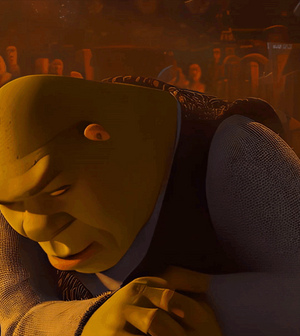 Mmm Hmm 😆Jun 4, 2020
Mmm Hmm 😆Jun 4, 2020In
 safe· edited
safe· editedposted this later in the thread but I’ll throw it here as well since it won’t fit in any of the other parts without going over character limit
A&Rs (Artists & Repertoire)Essentially the role of an A&R is to find and sign new artists to labels. They can work on the label or publishing side in order to find artists or songwriters. Coldplay for example were found by a publishing A&R who then shopped their music to labels. In the internet age this involves listening to demos (XL Recordings an INDIE label receive 200,000 unsolicited demos per year and sign 1 artist per year), scouting forums and industry press and attending live shows. Now A&Rs tend to work less for labels and more for talent agencies or independently.
The traditional role of a manager is usually to find artists and manage them - negotiating contracts, organizing meetings with labels, sponsors etc, organizing touring. An A&R traditionally might communicate with managers and meet with artists or get demos from a manager.
Nowadays these roles are pretty entwined. A lot of A&R scouts go into management either independently or with a label. They can be involved in all or any of what you mentioned - they can find artists, get their artists signed to labels and publishing deals, organize recording sessions, organize other ventures like sponsorships and develop the artists. From a creative standpoint they can help on a micro level like song selection, connecting artists with producers and songwriters and the like.
someone like Christian Clancy is a good example of a modern A&R. He was tied to Interscope but was only in a consulting role and a friend showed him the French video by Tyler. He met with them and set them up as an independent label and became their manager. He helped with all facets of OF - creative direction of music and touring, negotiating meetings with places like Adult Swim as well as labels, and his pas experience w labels can help him to give creative direction and marketing direction. He doesn't work directly for the label but he's associated with them and connected in the industry

safe coming thru with the obscure knowledgeyou real for making this thread. lets me know there's so much more to music than i think
@Vagabonds @EuroNymous can I get you two to delete your posts please so that it fits together - sorry I didn't realize there was a cap on characters
if you want clarification on any of this please let me know
or specific clarification on artists
or anything else!! If theres a bunch of stuff people wanted covered that I misssed I can do a pt2 or can just reply to smaller questions itt
also if you have ideas of threads you wanna see lmk!!!!
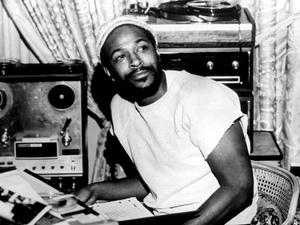 Triplesss
Triplesssyup. Y'all need to know that it doesn't just go for music. Every other industry is really controlled by 2-3 big corporations.
yup
more than anything what agitated me was peoples lack of understanding about artist run labels just being a cog in the machine and not some independent self run thing
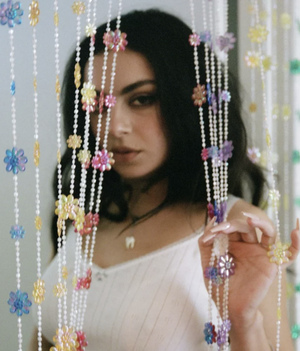 rvi 🐸Jun 4, 2020·1 reply
rvi 🐸Jun 4, 2020·1 replynice
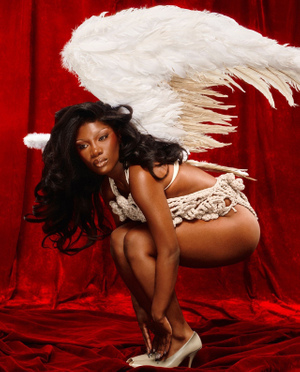 G Roy 🩻Jun 4, 2020
G Roy 🩻Jun 4, 2020good thread
 safe
safe@Vagabonds @EuroNymous can I get you two to delete your posts please so that it fits together - sorry I didn't realize there was a cap on characters
done!

